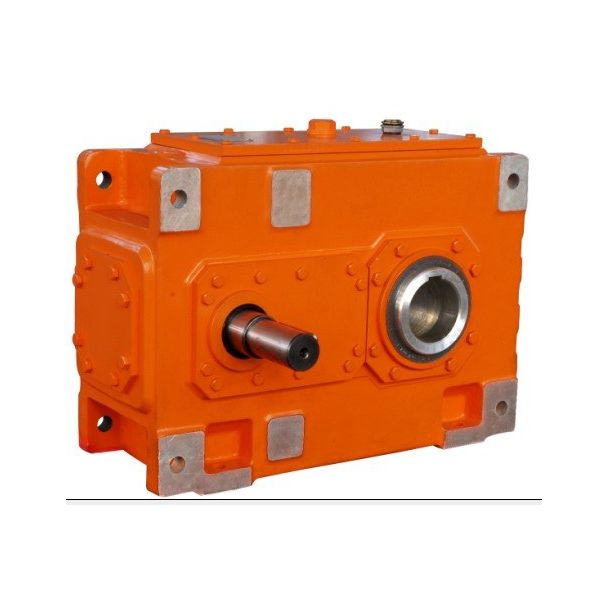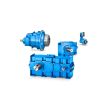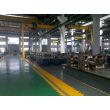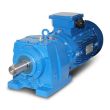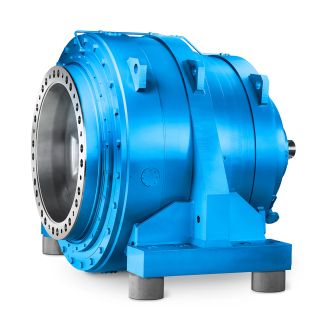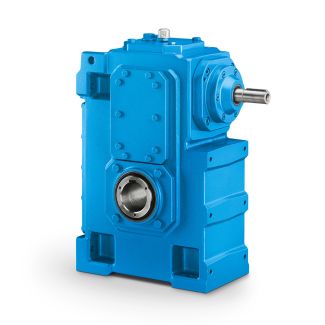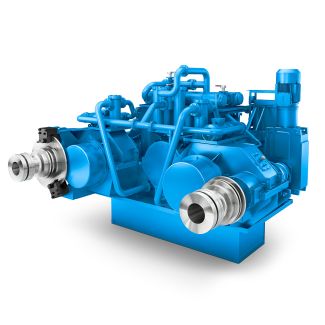B3-FH-9-D to withstand axia l forces including those caused Bevel-helical speed reducers B3
In stock
SKU
B3-FH-9-D
$19,285.71
Flender/Flender Gear Units/Bevel-helical speed reducers B3
s: for example, in the last break passage there is no longer much endosperm attached to the bran; therefore, with necorrugations, it is possible to grind relatively closely and be effective in detaching anyremaining endosperm in the bran. Likewise, for
necorrugations, it is possible to grind relatively closely and be effective in detaching anyremaining endosperm in the bran. Likewise, for  sizing stocks, the composite particle size is smaller, and light grind with nely corrugated rolls helps clip off the bran
sizing stocks, the composite particle size is smaller, and light grind with nely corrugated rolls helps clip off the bran  chip attached to the endosperm particles. Corrugations for rst break can be as low as 3.9/cm, and for the sizing
chip attached to the endosperm particles. Corrugations for rst break can be as low as 3.9/cm, and for the sizing  about 1/cm. 3.3.2.2 Spiral When more cutting is required with corrugated rolls, reducing the grinding gap will accom- plish that, but it will also generate lot of ne material. Increasing the spiral (Fig. of the corrugation provides cutting, without creating ne material. Fig. 2 Roll corrugation spiral. (Courtesy of Bu hler, Inc.) 2 Sarkar Fig. 2 Corrugation prole. Usually, spiral is represented as percentage. Corrugation spirals range from 2 to 1%, or even higher. In most North American our mills, spirals may begin for rst break at 2 or 4% and remains at 4% for rest of the breaks or may go up to 6%. 3.3.2.3 Prole Corrugations come with many different types of prole. In most the angle of the cut is unequal, providing sharp and dull angle. Proles are chosen on the basis of grinding objectives. For example, in rst, second, and third breaks when milling hard wheat, the desire is to create as much granular endosperm material as possible. This necessitates the application of corrugations that provide depth, meaning the sharp and dull angle of the corrugation (Fig. is not too wide. Usually, angles of 3 degrees for sharp and 6 degrees for dull angles are preferred. On the other hand, wider angles are preferred for lower break passages, as thethin layer of bran with very little endosperm attached can be removed only with atter angles (4 or 7 degrees) and ner (more) corrugations. North American corrugation proles are designated by names (Table , and their specications seem quite comple
about 1/cm. 3.3.2.2 Spiral When more cutting is required with corrugated rolls, reducing the grinding gap will accom- plish that, but it will also generate lot of ne material. Increasing the spiral (Fig. of the corrugation provides cutting, without creating ne material. Fig. 2 Roll corrugation spiral. (Courtesy of Bu hler, Inc.) 2 Sarkar Fig. 2 Corrugation prole. Usually, spiral is represented as percentage. Corrugation spirals range from 2 to 1%, or even higher. In most North American our mills, spirals may begin for rst break at 2 or 4% and remains at 4% for rest of the breaks or may go up to 6%. 3.3.2.3 Prole Corrugations come with many different types of prole. In most the angle of the cut is unequal, providing sharp and dull angle. Proles are chosen on the basis of grinding objectives. For example, in rst, second, and third breaks when milling hard wheat, the desire is to create as much granular endosperm material as possible. This necessitates the application of corrugations that provide depth, meaning the sharp and dull angle of the corrugation (Fig. is not too wide. Usually, angles of 3 degrees for sharp and 6 degrees for dull angles are preferred. On the other hand, wider angles are preferred for lower break passages, as thethin layer of bran with very little endosperm attached can be removed only with atter angles (4 or 7 degrees) and ner (more) corrugations. North American corrugation proles are designated by names (Table , and their specications seem quite comple| Model Type | Bevel-helical speed reducers B3 |
|---|---|
| Gear Type | Bevel Helical Gear |
| Weight (kg) | 900.000000 |
| Ratio Range | 1 : 12.5…71 |
| Low Speed Output | Flanged shaft |
| Nominal Torque | 35700 Nm |
| Mounting Arrangements | Horizontal mounting position |
| Manufacturer | Flender de Mexico, S.A. de C.V. |
| Country of Manufacture | Estonia |
| Data Sheet & Drawings | B3-FH-9-D to withstand axia l forces including those caused Bevel-helical speed reducers B3 |
